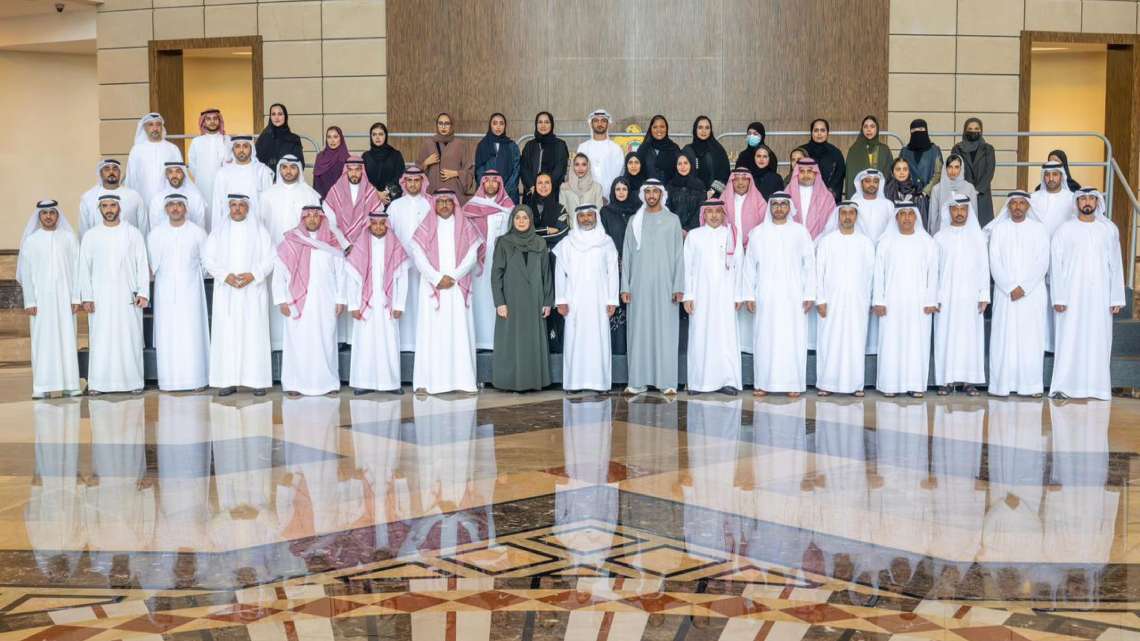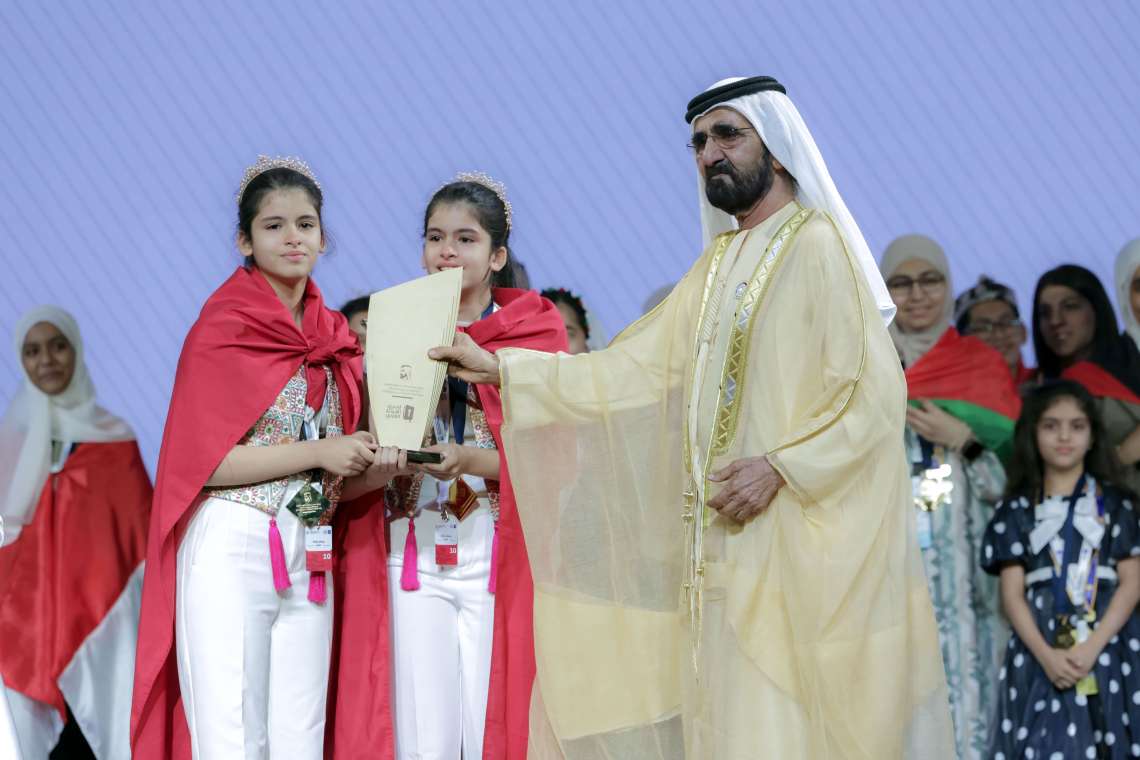The King asked him to continue as a caretaker premier until a successor was named following the November 10 general elections…Reports Asian Lite News
Jordan’s King Abdullah has accepted the resignation of Prime Minister Omar Razzazs Cabinet, but asked him to continue as a caretaker premier until a successor was named following the November 10 general elections, according to a Royal Court statement.
Replying to Razzaz’s resignation, the monarch in a letter on Saturday thanked the outgoing premier and his ministerial team for “undertaking your duties and diligently assuming your responsibilities throughout your tenure, especially during the extraordinary circumstances imposed by the Covid-19 pandemic”, The Jordan Times reported.
“Despite the Cabinet’s efforts in setting plans and programmes and implementing priorities, it is important to learn from the mistakes that marked aspects of the response to Covid-19, a challenge unlike the world has seen in decades, with methods to address it being refined day by day, based on the latest developments.
“As I hereby accept your resignation, I entrust you and the Cabinet to continue as caretaker government, until a new Prime Minister is selected and a new Cabinet is formed, and I stress the importance of working diligently during this period, because dealing with Covid-19 requires focused and persistent action, with ongoing measures being taken without delay,” he added in the letter.
In his resignation letter, Razzaz outlined his Cabinet’s achievements since he became the Prime Minister in 2018.
He also said that the pandemic had impact on his cabinet’s priorities for this year, with safeguarding public health and well-being becoming the main goal.
The development came almost after a week the country’s Parliament was dissolved ahead of the November elections.
The House of Representatives or the lower House comprises 130 seats, of which 115 members are elected by an open list proportional representation from 23 constituencies of between three and nine seats in size and 15 seats reserved for women.
Nine of the 115 proportional representation seats are reserved for the Christian minority, with another three reserved for the Chechen and Circassian minorities.








